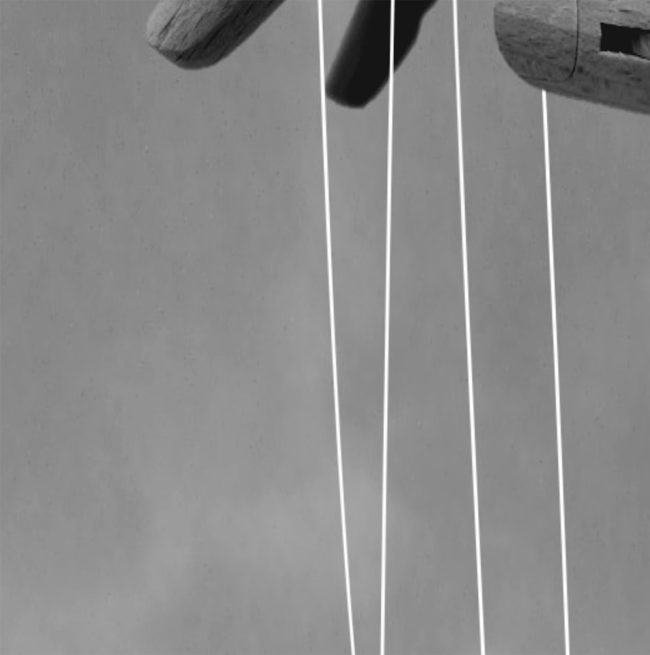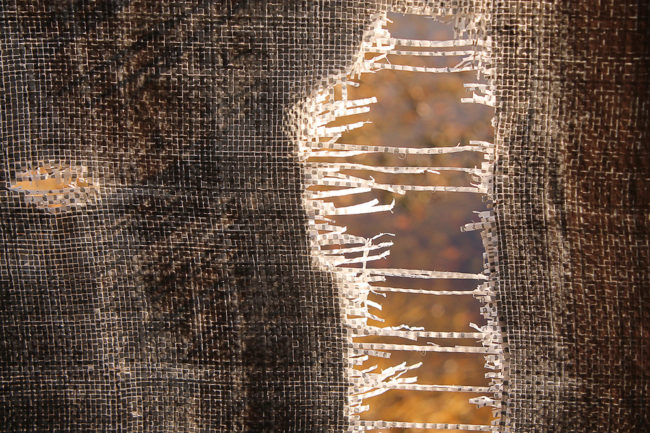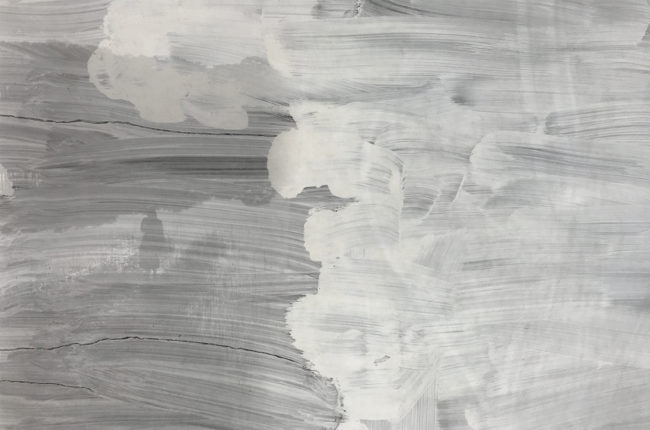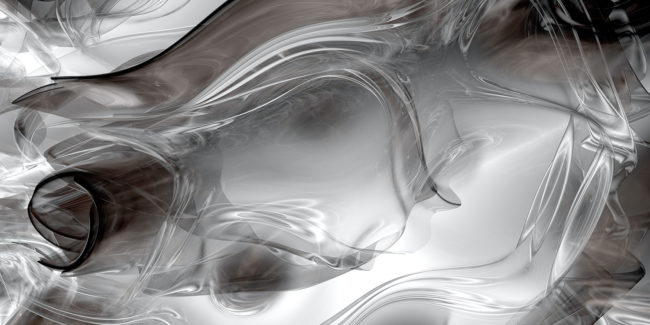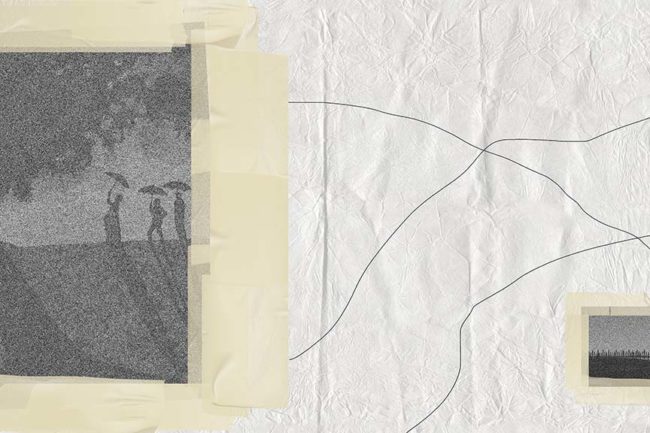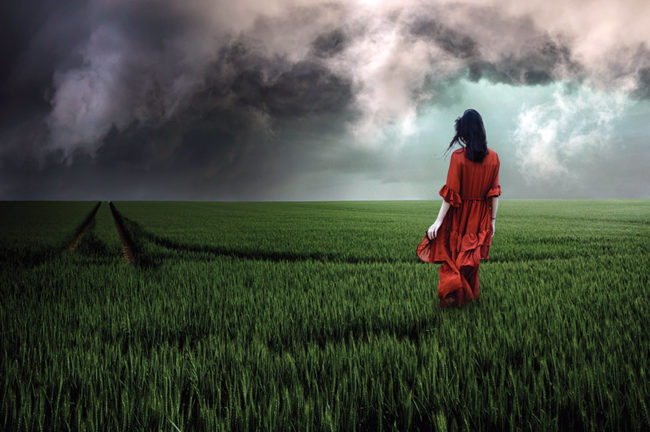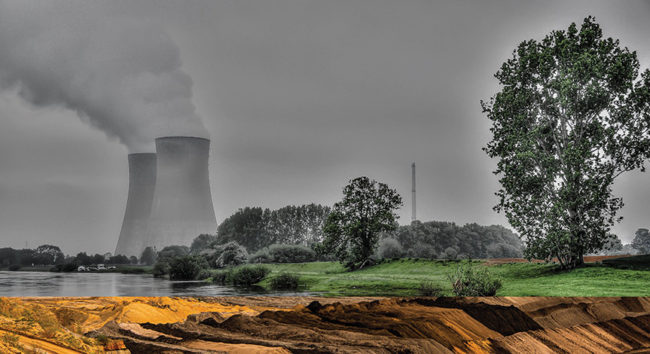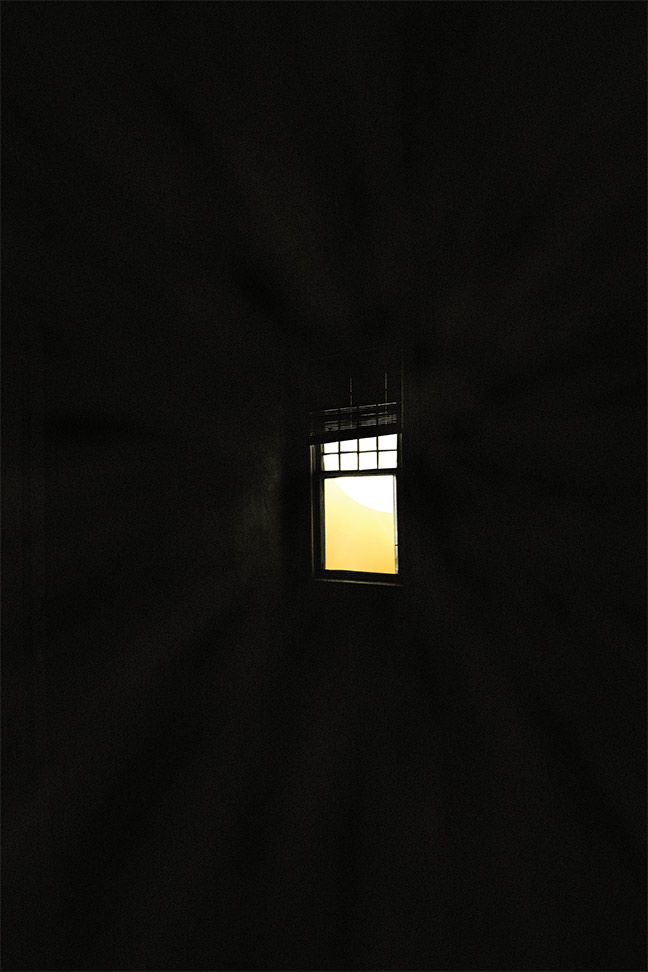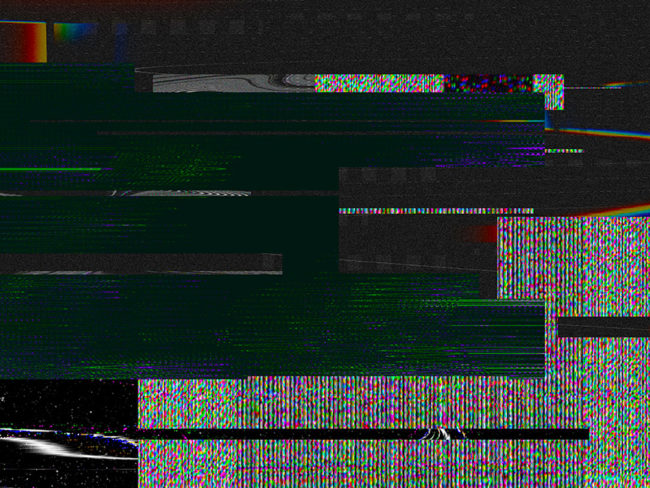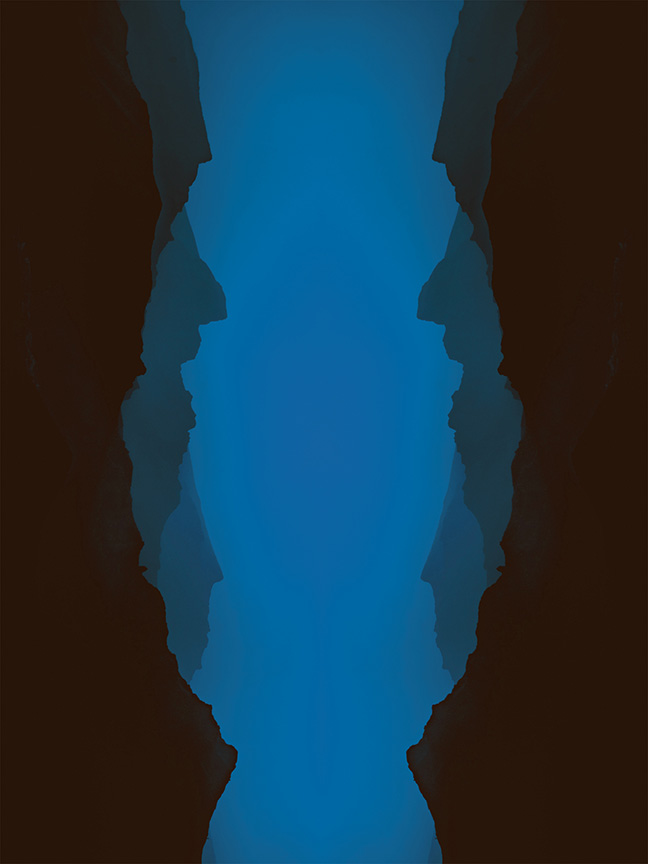Crimes Against Reality: A Proposal for Action by Levas Korvarskis
In a single month, I, along with millions of people around the world, and most painfully of all, of course, people in Ukraine and Russia, have witnessed and experienced a strange psychosocial dynamic. The most well-meaning, thoughtful people, usually inclined to carefully reflect on matters that concern them and not in any sense radical, have now been “moved” from a shared reality into separate realities.

